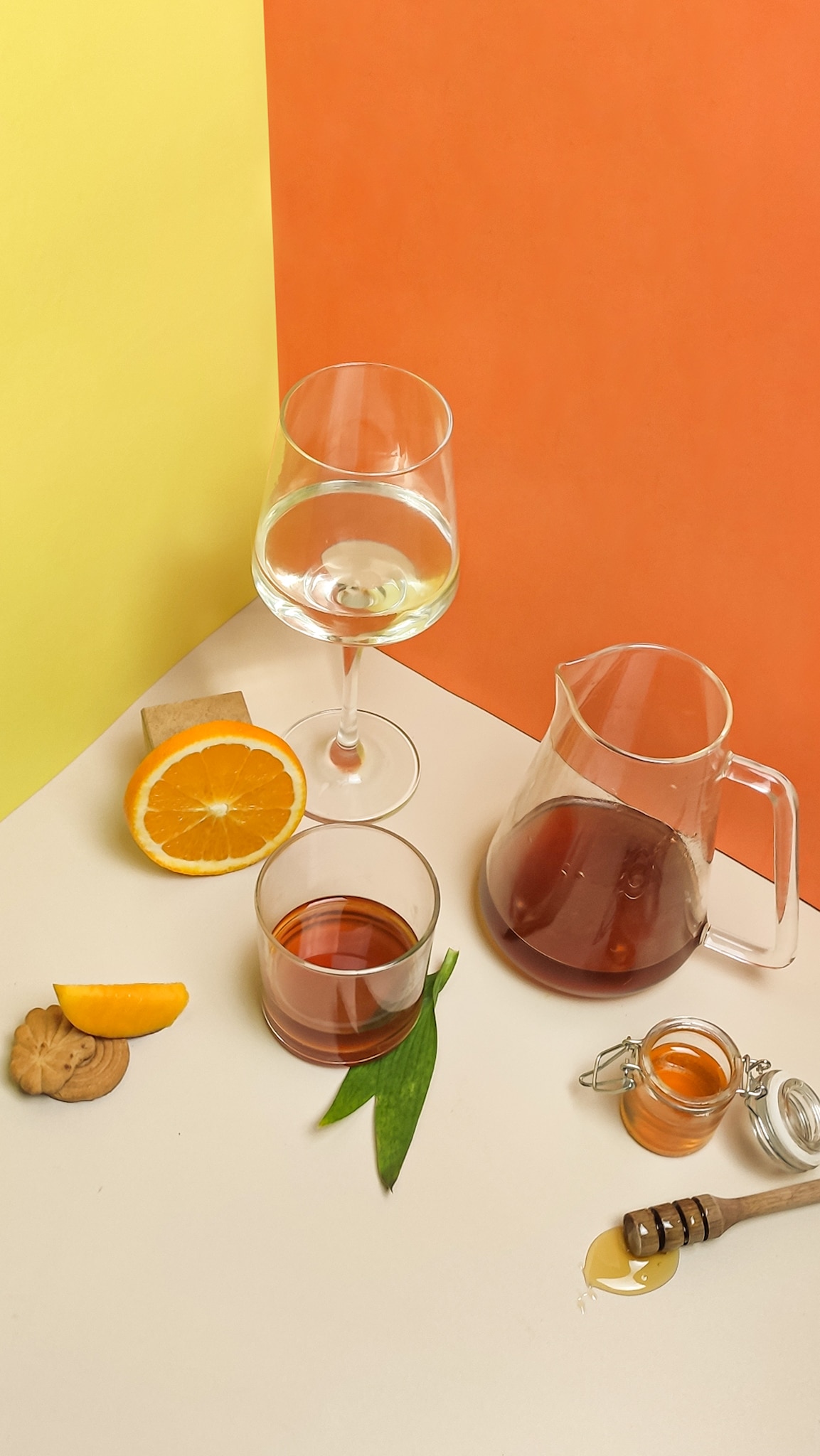What to know About Cascara, The Coffee Drink That’s More Like Tea
Cascara is found somewhere at the intersection of coffee and tea, and although it comes from the coffee plant, the drink doesn’t taste anything like coffee.

Cascara: Where Coffee Meets Tea
The word Cascara means skin, peel or shell in Spanish, and in the world of specialty coffee refers to the outer layer of a coffee cherry. You obtain it after the extraction of the coffee beans from the coffee cherry; it is the pulp that is sun-dried.
These dried bags of coffee cherries are not unlike bags of tea -the main visual difference is the pieces of cherries are slightly bigger than a tea leaf and have a leathery, woody look similar to dried raisins or the shell of a nut.
The neat part about this whole process is that not only does it allow for the coffee plant to be used in an alternative way, but it’s also eco-friendly. Normally coffee cherries are considered a by-product of the coffee-making process and are either discarded as waste or used as compost. Now these cherries are being reused to produce a unique drink of their own.
Coffee producing communities have in fact been drying and brewing cherry like this for centuries – possibly since before coffee seeds were first used. In Yemen, ‘Cascara’ tea is referred to as ‘Qishr’, a tea made with cascara, cinnamon, ginger or caraway. In Ethiopia, it’s called ‘Geshar’ or ‘Hashara’, and its darkly roasted until almost black, and infused in water for a longer period to create an intensely fruity brew. In Bolivia it’s called ‘Sultana’, where they enjoy it with cinnamon, clove, and sugar.
Cascara in the UN: From Under the Radar to ‘Not Illegal, Just not Legal Yet’ to Completely Legalized
The biggest issue with cascara in the last seven years has been its legal status.
For many years, Cascara was a niche product, sold in tiny quantities, so didn’t get much attention from regulators. Cascara -that was available mainly through the specialty coffee channels- flew under the radar.
This changed in 2015, legality and food safety became a concern when an Austrian coffee company wanted to create a soft drink based on cascara.
The European Union came into action and referred to a 1997 EU law that states that any ‘novel’ food -that is, one that hadn’t already been widely consumed in the EU before the law came into effect — must be proven safe before it can be sold.
All of a sudden, cascara was not officially legalized in Europe but neither prohibited. This “not illegal, it’s just not legal yet” for sale, lead to “raids” of cafes and roasteries where their cascara was reportedly confiscated by authorities.
Due to bureaucracy, it took until 2022 before cascara could finally be considered legal in Europe.
Cascara – Some Peps In Your Steps
Cascara is found somewhere at the intersection of coffee and tea, and although it comes from the coffee plant, the drink doesn’t taste anything like coffee. You’re going to want to think of it as a very potent, fruity, herbal tea boasting notes of rose hip, hibiscus, cherry, mango or even tobacco. Altogether pretty balanced in taste, it does, however, offer notes of sharp acidity once ingested — it comes from coffee beans, after all…
In a sense, it tastes a lot more like the natural coffee cherry than coffee itself does, The bean undergoes a long process before it is roasted and consumed whereas cascara is a lot closer to coffee as found in nature.
In the post “Cascara and Caffeine” on the Square Mile Coffee Blog, co-founder Anette Moldvaer explains that they sent some cascara to a lab in Germany to test exactly how much caffeine the drink contains. Moldvaer reports: “As expected, [the] ratio of cascara to water has an impact on the caffeine content of the final beverage, while steep time seems to make little difference.” However, she continues, “Surprisingly, we found the caffeine content to be fairly low. Even at the strongest, longest brew, the caffeine content of cascara came in at 111.4 mg/L, compared to broad range of about 400-800 mg/L in brewed coffee.”
Cascara can definitely put some peps in your steps, but you still can consume more of it compared to regular coffee, without having to worry about having too much caffeine.
Cuprima’s Costa Rican Cascara
We source our cascara from Costa Rican powerhouse Las Lajas. The Chacón Solano family has been growing coffee for over 80 years and three generations in the foothills of the Poás volcano in the Central Valley.
The current generation, led by Oscar and Francisca Chacón, started organic farming about 30 years ago. In 2000 Finca Las Lajas became one of the few farms in Costa Rica to be officially certified organic. The family not only strives to farm in an environmentally and socially responsible manner, but also to produce the highest quality coffee.
The coffees made from the seeds they grow are ‘cherished’ for their deliciousness, the drinks made from the cherry from those same seeds deserve nothing less. The flavour experiences are already sparkling in our cups, you might want to order your samples and judge for yourself!
Cool in many ways: All of the coffee cherry in one sparkling drink
This Cold Brew Cascara Fizz from Blue Bottle Coffee is a refreshing sparkling drink ideal to cool down. Give it a try!
Walsh, D. and Latif Dahir, A., 2022. Why Is Ethiopia at War With Itself?. nytimes.com. Available at: https://www.nytimes.com/article/ethiopia-tigray-conflict-explained.html